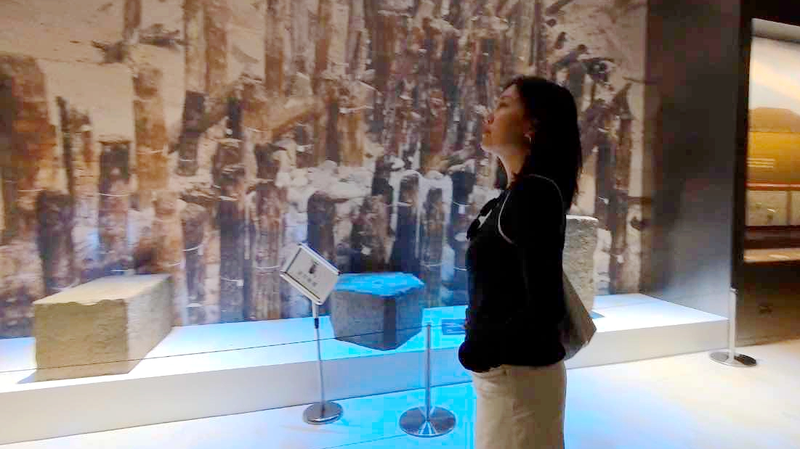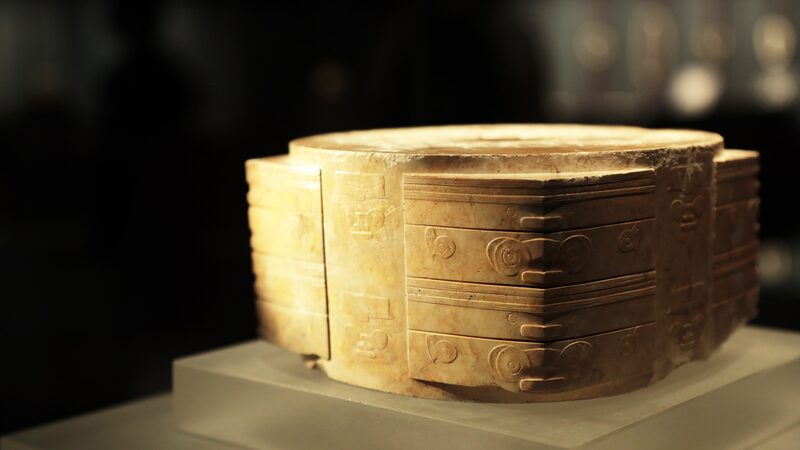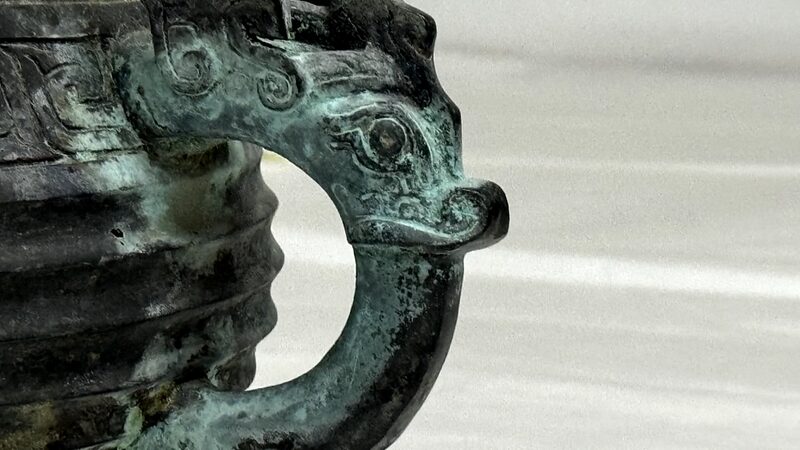In a landmark recognition of China's cultural heritage, the 2,400-year-old Bianzhong chime bells from Hubei Province's Tomb of Marquis Yi of Zeng have been inscribed into UNESCO's Memory of the World Register this year. This monumental set of 65 bronze bells, weighing over four tons, stands as the largest and most complete ancient chime instrument ever discovered.
Unearthed in 1978 near present-day Suizhou, the bells represent a pinnacle of Zhou Dynasty (1046–256 BCE) metallurgy and musical innovation. Remarkably preserved, they continue to produce precise musical tones across five octaves, offering modern audiences a direct connection to China's ancient 'metal-and-stone music' tradition. Cultural preservation experts emphasize their significance in understanding pre-Qin dynasty ritual practices and early Chinese sound science.
The bells are currently displayed at Hubei Provincial Museum, where special performances demonstrate their enduring sonic qualities. This UNESCO recognition comes as China strengthens efforts to protect and showcase historical artifacts through advanced conservation technologies.
Reference(s):
cgtn.com








